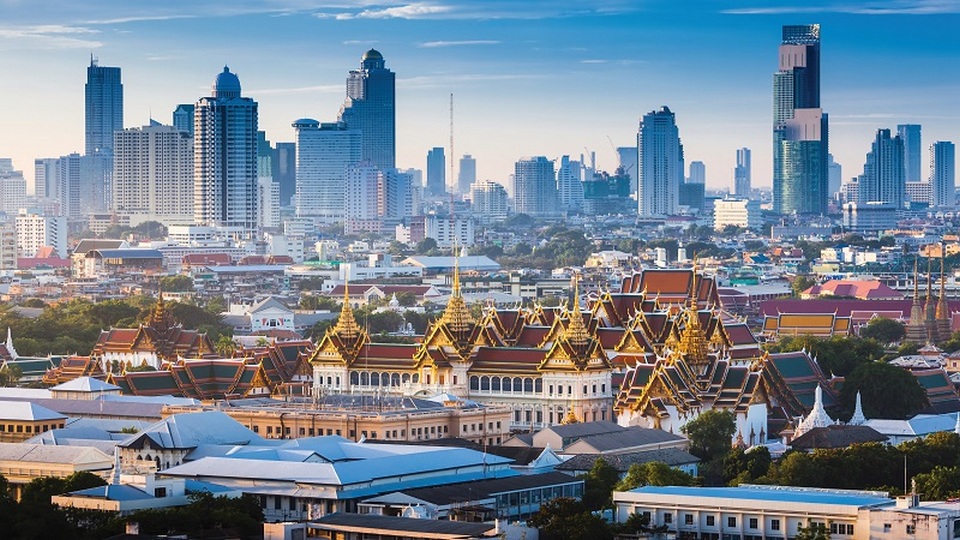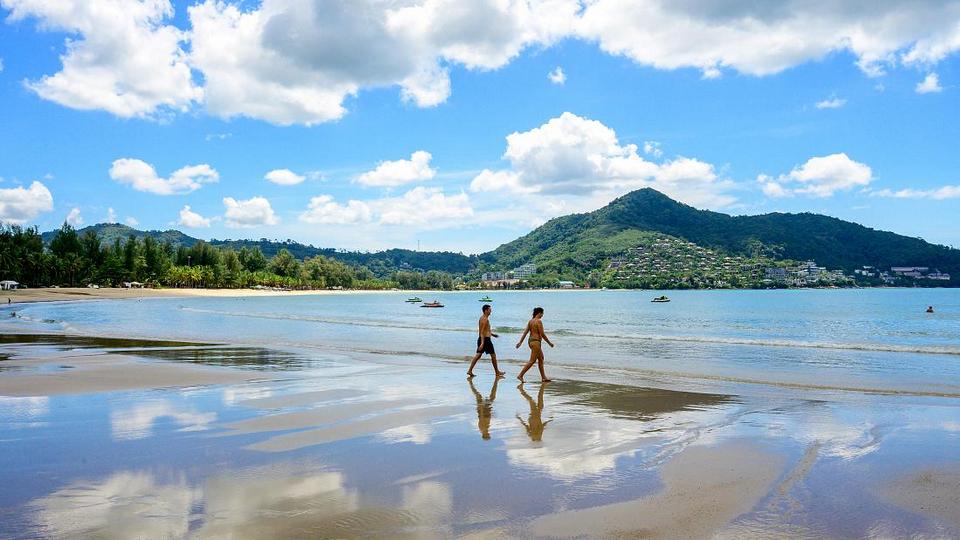
While substantial Thai tourism will certainly resume once the pandemic subsides, the traditional expat market is already in steep decline. These are the guys who retired here on fixed pensions to enjoy the golden years before the prospect of the crematorium became a near-term possibility. Journalist Sarah Scuzzarello describes this group as “Elderly retirees enacting privilege over local people because of their superior wealth.”
The immigration bureau does not publish meaningful statistics and retirees can hide under several visa categories, not necessarily those labeled as such. But their numbers have shrunk from perhaps 400,000 ten years ago to a small fraction in 2022. Mostly Europeans, Brits and Scandinavians in particular, the retirees that remain are now mostly in their 70s or older. Thai lawyers these days deal with more enquiries about post-mortem probate than about how to get married here.
The reasons for the slump are many. An American media-sponsored survey in 2019 found that the main issues were the rising cost of living, fears that hospital treatment would bankrupt them and the fact that “Thailand isn’t what it used to be” for various reasons. These were mostly about traffic congestion, Chinese tour buses in Pattaya or overweight gogo dancers. Of course, the pandemic has encouraged the downward trend as few people consider resettlement abroad during an international health crisis. Desperate publicity about Brits stuck in Thai hospitals, dependent on crowd-funding to save their lives, has finally killed off the nonsense that the embassy will ride to the rescue.

Pattaya illustrates these themes very well. It is beyond debate that the retiree market has slumped and that bald heads and expanding waistlines dominate in the residual expat population. Of course some wealthy retirees are still around, but the nightlife centers such as Soi Buakhao are teeming with short-term tourists, “Covid” visa-extension perpetual survivors and budget-conscious retirees looking for food and drink bargains. Many of those remaining in Thailand claim to have nowhere else to go.
Meanwhile, the Thai tourist minister Phiphat Rathchakitprakarn has made it very clear that the welcome expats of the future will be high-net-worth individuals such as multi-millionaire pensioners, well-heeled investors and foreign professionals and executives who can transfer their work skills to boost the Thai economy. In return they will have a 10-year visa and the perk of avoiding three-monthly trips to immigration to report their whereabouts. Other bonuses are still under wraps.
Many doubt the scheme will work. But that’s not the point here. The squeeze is already on against retirees who think that 800,000 baht in the bank is a tremendous sum. That would disappear after a few days in the intensive care unit. The compulsory insurance net is slowly closing – howbeit with multiple loopholes for now – whilst the assumption that third parties and visa agents will be able for all time to arrange extensions of stay for those unable to fund themselves is speculative at best. Whatever Thailand’s future in international immigration, the traditional retiree is past his prime. Pattaya is no exception.
 |
 |
 |





